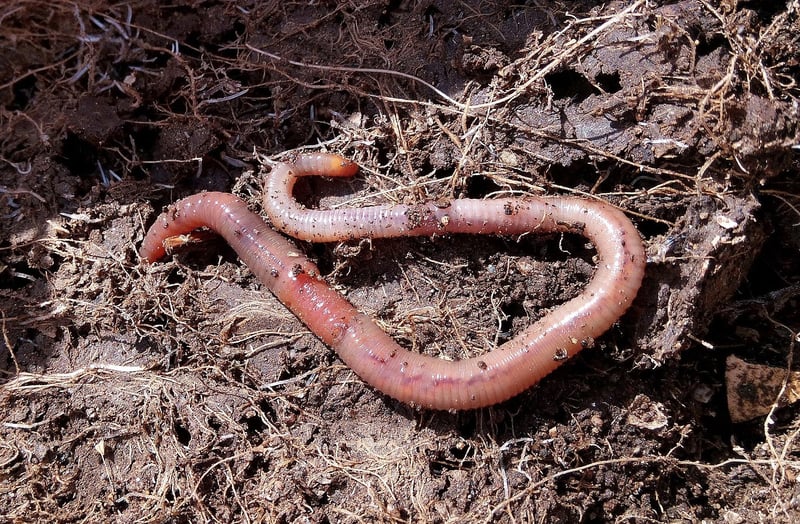Nutrient-rich Soil
The Benefits of Waste Recycling for Soil Enrichment
Waste recycling is an essential practice that not only helps in reducing environmental pollution but also plays a significant role in enriching the soil. By recycling organic waste such as kitchen scraps, yard trimmings, and other biodegradable materials, we can create nutrient-rich compost that enhances soil fertility and promotes plant growth.
Why is Soil Enrichment Important?
Soil enrichment is crucial for maintaining healthy and productive gardens, farms, and landscapes. Enriched soil provides essential nutrients to plants, improves soil structure, retains moisture, and supports beneficial microbial activity. By recycling waste materials to enrich the soil, we can reduce the need for chemical fertilizers and promote sustainable gardening practices.
Benefits of Waste Recycling for Soil Enrichment
- Reduces Waste: Recycling organic waste diverts it from landfills, reducing greenhouse gas emissions and environmental pollution.
- Creates Nutrient-Rich Soil: Composting organic waste creates a valuable source of nutrients for plants, improving soil fertility.
- Improves Soil Structure: Organic matter from compost enhances soil structure, promoting better aeration and drainage.
- Supports Plant Growth: Nutrient-rich soil provides plants with essential minerals and promotes healthy growth and development.
- Reduces Need for Chemical Fertilizers: Enriched soil requires fewer synthetic fertilizers, reducing chemical runoff and environmental contamination.
How to Start Recycling Waste for Soil Enrichment
- Collect Organic Waste: Gather kitchen scraps, yard waste, leaves, grass clippings, and other organic materials.
- Build a Compost Pile: Create a compost pile or bin in your backyard or use a composting tumbler to decompose the organic waste.
- Aerate and Turn: Regularly aerate and turn the compost pile to speed up the decomposition process and prevent odors.
- Use Compost as Soil Amendment: Once the compost is ready, mix it into garden soil or use it as a top dressing to enrich the soil.
By adopting waste recycling practices for soil enrichment, we can contribute to a healthier environment, reduce waste, and create nutrient-rich soil to support plant growth and sustainability.

Image Source: Pixabay
